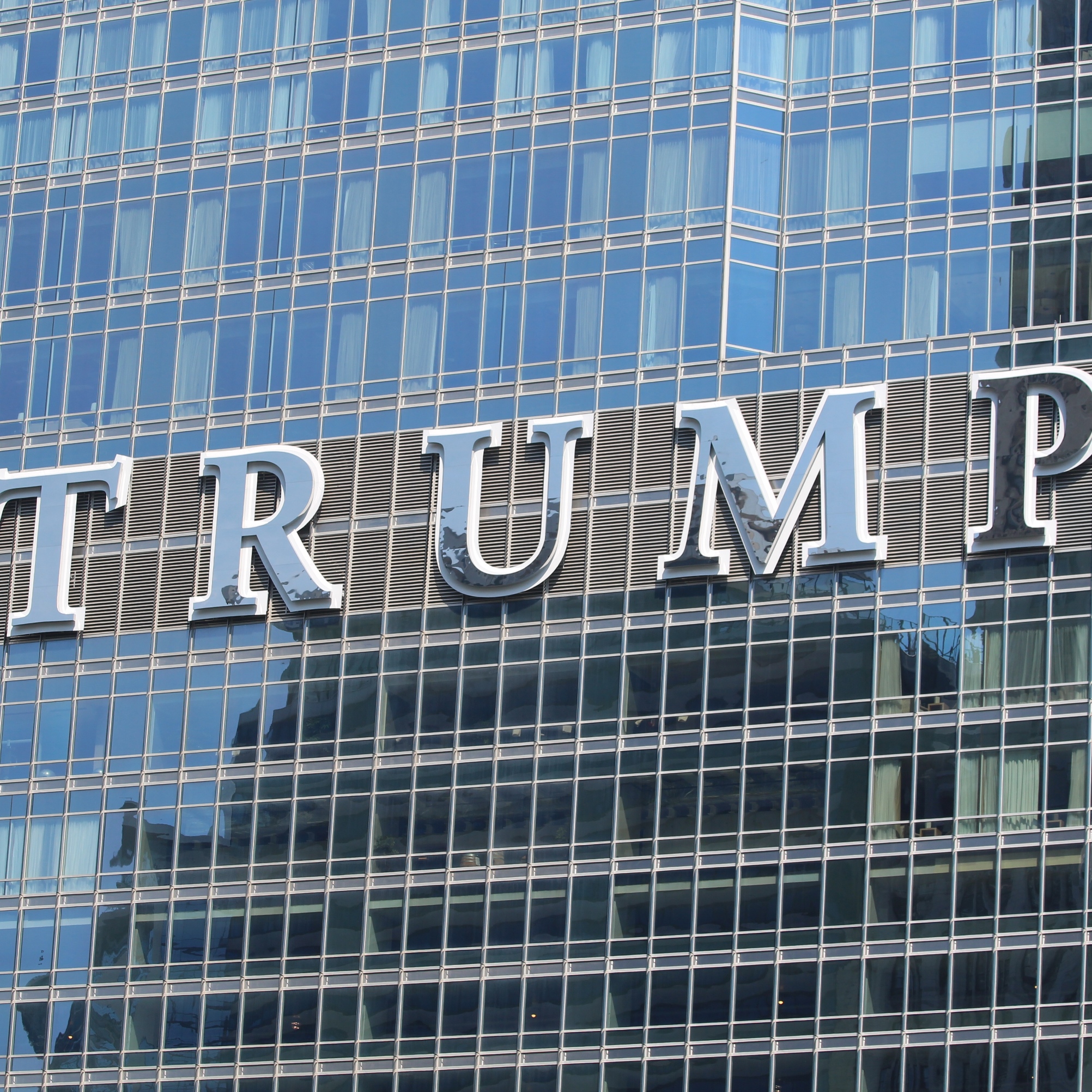
The reaction to President Trump’s State of the Union speech was mixed among business leaders. One set of chief executives, however, stood together as a group to throw support behind the president’s agenda. The Business Round Table, the members of which are CEOs who run corporations that control $16 trillion in revenue and employ 15 million people, backed the president’s corporate tax agenda without qualification.
Business Round Table President and CEO Joshua Bolten offered the organization’s reaction to Trump’s company tax proposals:
President Trump’s remarks tonight should help build momentum for the kind of big tax reform this country needs for economic growth and the creation of more high-wage jobs.
President Trump is right to emphasize the importance of competitive tax rates on business so U.S. companies can win in the global marketplace. Reform must also include a modern international tax system that doesn’t penalize businesses for bringing their foreign earnings back to the United States to invest, expand and hire.
Obviously, large companies want a cut in tax rates, largely to benefit shareholders. Beyond the obvious, however, is the critical issue of bringing back trillions of dollars that companies keep overseas to avoid high U.S. corporate taxes. One recent study showed that American companies hold over $2.5 trillion offshore. In theory, an American tax on earnings reported offshore would raise the sums collected by the U.S. Treasury each year. It would also, in theory, provide funds to add jobs.
The Business Round Table is a who’s who of the heads of America’s largest companies. It includes almost all the corporations at the top of the Fortune 500. Most of the nation’s largest banks, retailers, tech companies and manufacturers are members. The current chairman of the Business Round Table is Jaime Dimon of JPMorgan Chase.
Among the major permanent agendas of the Business Round Table is its committee on Tax & Fiscal Policy. And the focus of the members of the committee is “pro-growth taxes.” In other words, those policies that lower the taxes on America’s largest companies.
Thank you for reading! Have some feedback for us?
Contact the 24/7 Wall St. editorial team.


